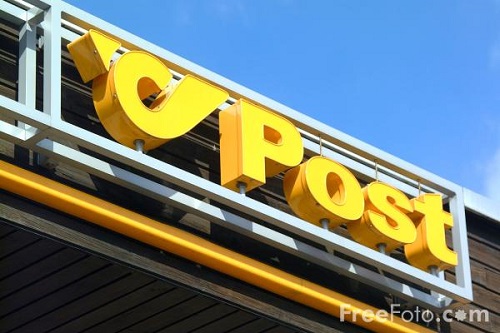
Scandinavian posts facing up to more parcels, fewer letters
Two Scandinavian posts – Norway Post and Finland’s Itella Group – have just reported third quarter results, which have seen continuing trends in which customers are sending fewer letters and more parcels. Norway Post – Posten Norge – was particularly upbeat about the growth in parcels, having limited the damage to letter revenues with an efficiency programme that has been ongoing since 2008.
Itella Group saw profits achieved in the third quarter of 2010 turned into losses as its restructuring costs hit, with executives there still looking for a further EUR 100m in annual cost savings going forward.
Executives have warned that a new recession in Europe could require continued cost-cutting efforts to maintain profitability.
Sweden’s PostNord reports its third quarter results on November 9.
Posten Norge
As it reported its third quarter results, Norway Post said it was seeing fewer letters and more parcels in its services, with resulting opportunities for growth in its logistics division, which includes package services, express and warehousing.
Norway Post has seen its third quarter revenue increasing 2.6% compared to the same period last year, to NOK 16,883m, with operating profit up 22% year-on-year, to NOK 299m.
In the year to date, however, the Group has seen its profits so far falling by 7.6% to NOK 595m, blaming increased competition and higher transportation costs.
Much of the growth in the third quarter came in the logistics segment.
The logistics division saw a 5.6% increase in turnover compared to last year’s third quarter, with the company noting a particular improvement in the Swedish market, where it has been making acquisitions to expand its infrastructure.
Package volumes increased 6.2% compared to the same quarter last year, with particular growth in cross-border volumes and domestic parcels in Sweden and Denmark. However, the market is facing “intense competition” and higher fuel costs.
Letter volumes at Posten Norge are continuing to fall, despite a 2.7 percentage point improvement in delivery quality (to 86%) for first class mail.
Total volumes of first and second class mail declined by 7% year-on-year in the third quarter, with the finance, publishing and construction industry accounting for the greatest declines. Unaddressed advertising mail volumes increased by 2%, and now comprises 53% of the total letter volume, two percentage points higher than last year.
However, the company’s efficiency measures have maintained profitability, cutting NOK 2.3bn in costs since 2008. The quarter saw 320 fewer employees in the workforce compared to this time last year.
Norway Post chief executive Dag Mejdell said: “Norway Post is working on profitability improvements in all areas of its business. At the same time, acquisitions are being made in line with our Nordic growth strategy to strengthen services to customers.”
Itella Group
Meanwhile in Finland, Itella Group was also reporting a positive trend in its logistics division, but its difficulties in the mail market have not yet been tackled with a planned EUR 100m cost-cutting campaign.
Itella’s overall revenue grew by 5% in the three months to the end of September, to EUR 449.4m, but it recorded an operating loss of EUR 21.5m, compared to the EUR 4.4m profit seen in last year’s third quarter.
Excluding non-recurring items, Itella’s Mail division saw its profit falling 23% to EUR 7.4m, while its Logistics division turned around a EUR 3m loss seen in the same period last year into a EUR 3.7m profit.
In the year to date, Itella has seen last year’s EUR 16.5m operating profit turned into a EUR 25m operating loss, though this has included restructuring costs of EUR 32.6m.
Jukka Alho, president and CEO at Itella Group, said there was “increasingly strong signs present in the entire European economy of a probable new recession”. The addition of VAT on print media mailings could also have an impact on jobs at Itella, he added.
Alho repeated past warnings that Finnish citizens are unhappy about cutbacks to postal services, but also unwilling to pay for full costs of running a postal service.
The Itella president said: “I believe that in the next few years, we will see the beginning of a renewed Europe-wide dialog in which the demand for traditional postal services will be reconciled with the other models of solution offered by the information society.
“When the time comes, we must decide on the level of service that must truly be available everywhere – even in places where increased competition foes not generate adequate services,” he said.













